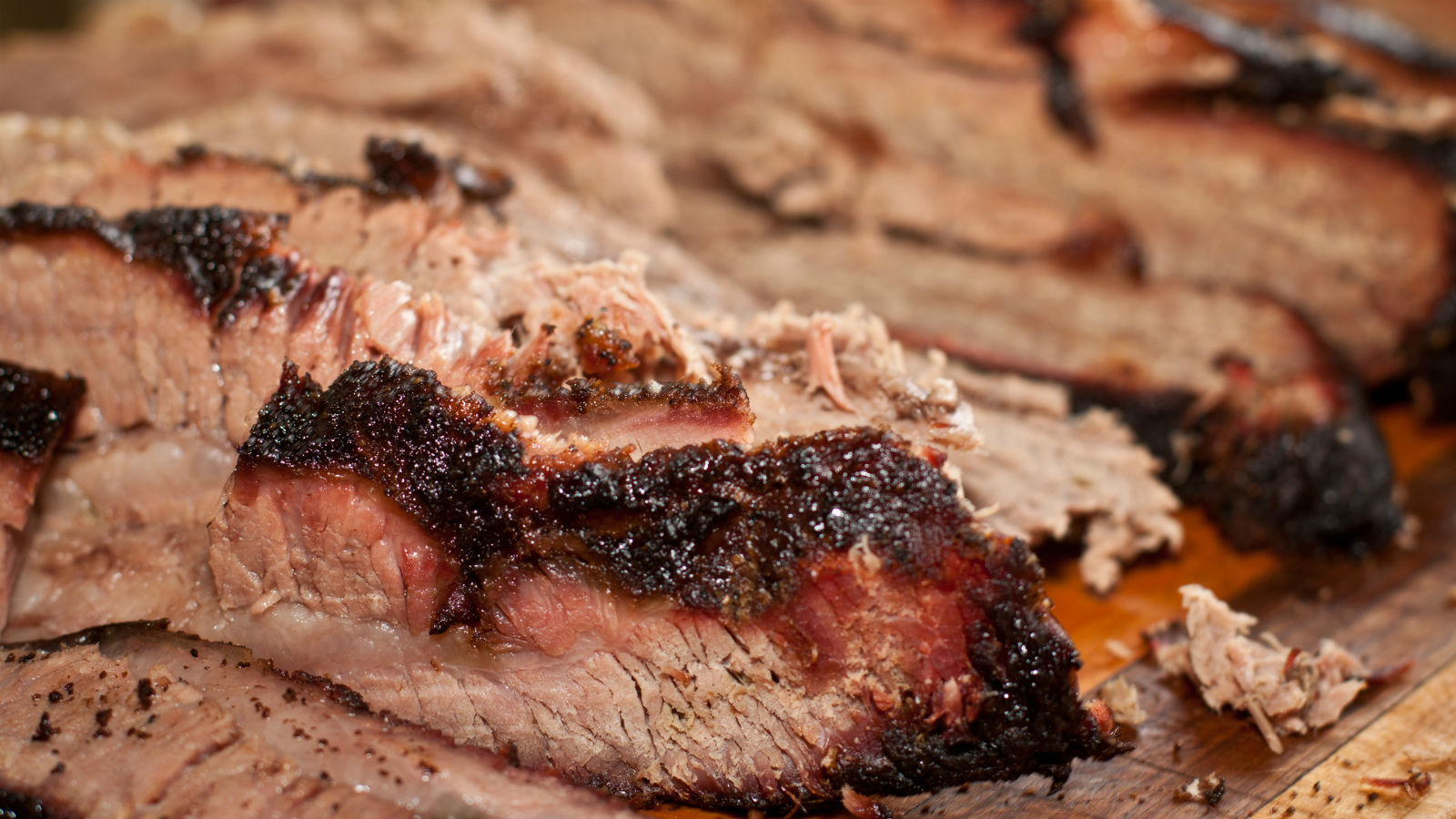Commentary on Parashat Mishpatim, Exodus 21:1-24:18
Amidst the myriad commandments in Parashat Mishpatim, we find a curious law: You shall be holy to Me; therefore, you shall not eat any ‘tereifah’ in the field; you shall throw it to the dogs.
This mitzvah is puzzling, both in its content and context. The first question raised is, of course, what does the verse actually mean? The meaning of the word ‘tereifah’ here can be derived from its context in the Joseph narrative. When Jacob sees Joseph‘s bloody cloak in the hands of Joseph’s brothers, Jacob cries out, “A wild beast has devoured him; Joseph has surely been torn to pieces!” The words Jacob uses to describe Joseph’s presumed demise at the teeth of wild beasts (tarof taraf Yosef) contain the same root as tereifah. This suggests that when the text forbids the eating of tereifah, it specifically refers to the carcass of an animal killed by predators.
Given that the commandment appears to simply forbid the scavenging of meat–an apparently mundane topic–the juxtaposition to holiness is surprising. Of the many commandments set forth in this parashah, why is this one specifically connected to holiness?
Being Conscious of What We Eat
When eating meat, life must be taken. Perhaps the prohibition of tereifah suggests that when we consume meat, we must have a conscious appreciation for the gift the universe has given us. We are prohibited from eating a carcass that an animal killed in the field because the predator had no such appreciation for the loss of life. This sentiment is common throughout human cultures, both real and fictitious, from the Navajo of the American Southwest to the Na’vi of planet Pandora. When an animal is killed, words of appreciation are recited in acknowledgement of that gift.
With your help, My Jewish Learning can provide endless opportunities for learning, connection and discovery.
This prohibition of tereifah is intimately linked with holiness because its internal effect is what defines it. Other commandments, such as those calling for law and order, prohibiting usury or forbidding the affliction of the widow or the orphan, all have practical societal benefits. Unlike these and many other commandments in the parashah, the sole purpose of prohibiting tereifah is to highlight our humanity.
In a sense, this commandment is a biblical presentation of the omnivore’s dilemma. We need to consume in order to live, and that consumption necessitates a cost to others. Recognizing this, the Torah demands consciousness of that cost. But as food production becomes increasingly mechanized, it becomes harder and harder for us to connect our humanity to the food that we eat. Furthermore, abuses within the system of food production, against both the humans and animals involved, have carried some parts of the food industry far from our ideal of holiness.
Allegations Against Agriprocessors
This hit home for the Jewish community recently, when the kosher meat industry–long thought to be a model of humane slaughter–came under fire due to allegations that Agriprocessors, the largest producer of kosher meat in the U.S., was abusing animals in its factory. In addition, animals brought into this plant and others like it come from feedlots, where the cattle are raised in overcrowded, extremely unhealthy and unsanitary conditions with severe consequences to the well-being of the animals and the surrounding environment.
The ethical treatment of the workers involved in producing our food is another area of great importance to ethical eating. Serious violations of this principle pervade the food industry, and especially the farming sector. Trade agreements between the U.S. and Mexico have made subsistence farming financially untenable for many Mexicans, leading over 3 million to come each year to work harvesting in U.S. fields. They work in poor conditions for miniscule wages, frequently working up to 14 hours a day, seven days a week, without access to basic facilities. Allowing these abuses undermines our humanity and the commitment to holiness enjoined by this commandment.
Addressing these and other injustices is challenging, given how far removed we often are from our sources of food. But there are things we can do to ensure that our consumption is consistent with the standard of holiness called for in Parashat Mishpatim. For example, meat that has been raised and slaughtered humanely is increasingly available, and several companies, including KOL Foods, provide such meat with kosher certification. We can also purchase produce that was grown and harvested in a manner consistent with ethical employment practices. Several initiatives, including Hechsher Tzedek and Tav HaYosher are working to publicly identify products and service providers that comply with high ethical standards in the treatment of their workers.
Through these and other measures, we can express the holiness imbued in each of us, and use it to infuse our humanity into the food we consume.
kosher
Pronounced: KOH-sher, Origin: Hebrew, adhering to kashrut, the traditional Jewish dietary laws.
mitzvah
Pronounced: MITZ-vuh or meetz-VAH, Origin: Hebrew, commandment, also used to mean good deed.
Torah
Pronunced: TORE-uh, Origin: Hebrew, the Five Books of Moses.



